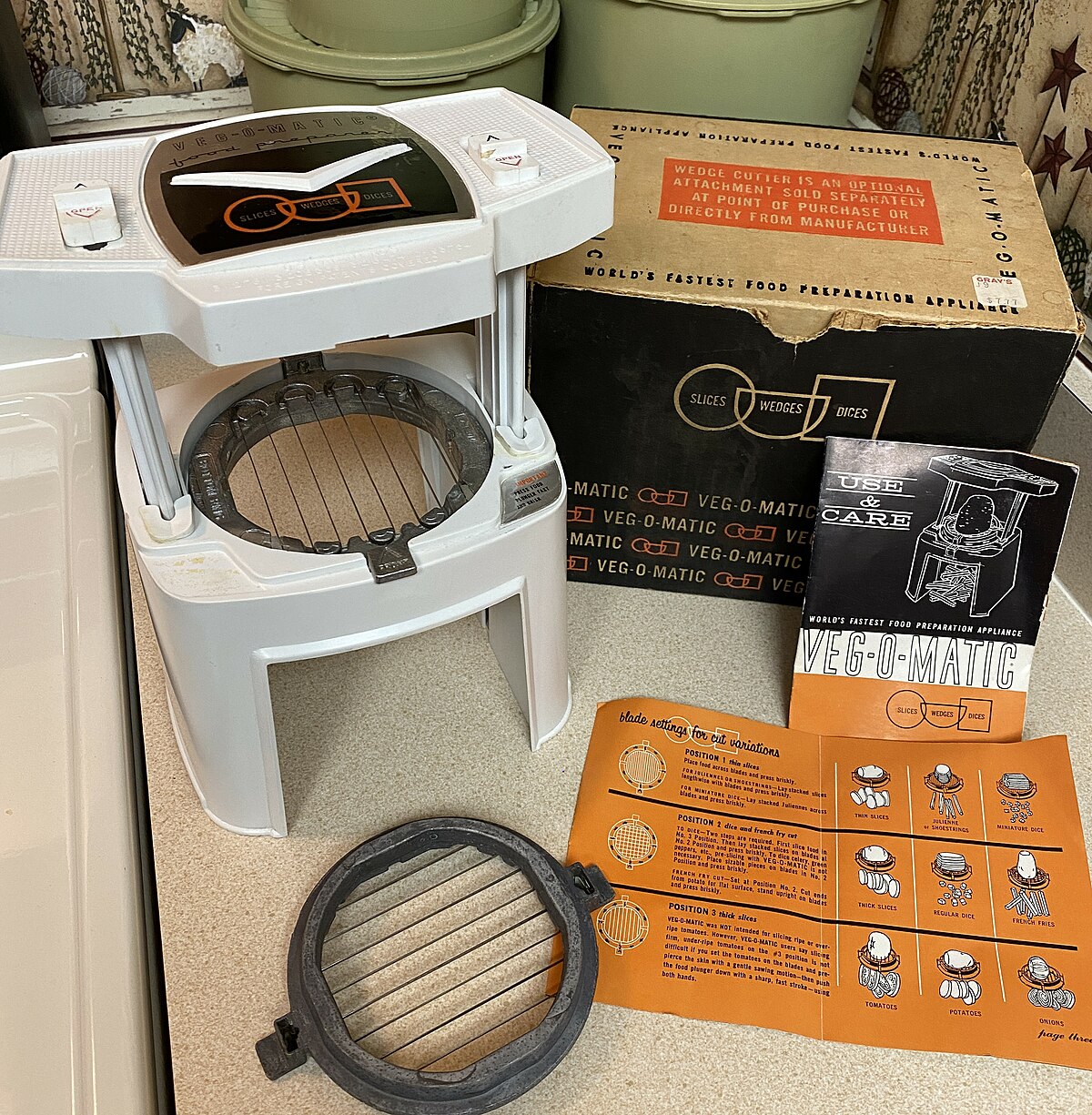@Jay Ashworth, that can't possibly be worth the time. The formulas are different for every type of fixture and their own emitter arrays. Sure, you could do the popular ones, but then you need to move all that data around and if someone puts that effort in and then starts charging people $15 each for their effort, expect Rosco to send a C&D. It's also more work top-to-bottom than the alternatives. People will either maintain the older Eos software or they'll learn the Apollo/Lee equivalents. In the long-term, some will go so far as to throw gel numbers overboard if they find its faster to mix the colors they want than it is to jump through hoops to cross-convert between brands and learn someone else's swatchbook if they've been Rosco loyalists over the years.
I'm not sure it's cutting off their nose to spite their face. Trademarks are use-it-or-lose-it. Nobody knows what the breakdown was that a licensing agreement couldn't be reached, but if they couldn't reach a deal, they have to crack the whip. If they don't crack the whip, then they will be rebuked in other litigation if they crack the whip at others while letting someone else get a free pass. If they're making an active choice to stake a claim in the film lighting market with their DMG brand, they've likely already accepted that the gel side of their business is on death's door. The people who are still buying analog gel don't actually need console color pickers anyway -- and once those tungsten customers move into LED, that revenue is wholly forfeited if they aren't getting compensated for their IP through licensing deals or their other product lines. So getting aggressive on the IP/licensing side could be a low-risk, potentially high-reward scenario them if they done the calculus whatever reputational hit they'll take is minimal.
Some of the commentary in this thread about Rosco making a mistake here is likely overstated -- the people who are most impacted are the ones who aren't buying their products anymore so while it's not a good look for them, they probably don't have much to lose unless they were already getting a sweetheart licensing deal with Carallon before that expired in 2020. This suit could be a double-or-nothing move, but if they maintain the status quo, they're probably careening towards nothing anyway. Not saying what they're doing is good or bad from a moral standpoint or for the reputation of their legacy in the entertainment industry -- but their underlying argument isn't legally unsound and they'd have a ways to go yet before charting into patent troll territory.
I'm not sure it's cutting off their nose to spite their face. Trademarks are use-it-or-lose-it. Nobody knows what the breakdown was that a licensing agreement couldn't be reached, but if they couldn't reach a deal, they have to crack the whip. If they don't crack the whip, then they will be rebuked in other litigation if they crack the whip at others while letting someone else get a free pass. If they're making an active choice to stake a claim in the film lighting market with their DMG brand, they've likely already accepted that the gel side of their business is on death's door. The people who are still buying analog gel don't actually need console color pickers anyway -- and once those tungsten customers move into LED, that revenue is wholly forfeited if they aren't getting compensated for their IP through licensing deals or their other product lines. So getting aggressive on the IP/licensing side could be a low-risk, potentially high-reward scenario them if they done the calculus whatever reputational hit they'll take is minimal.
Some of the commentary in this thread about Rosco making a mistake here is likely overstated -- the people who are most impacted are the ones who aren't buying their products anymore so while it's not a good look for them, they probably don't have much to lose unless they were already getting a sweetheart licensing deal with Carallon before that expired in 2020. This suit could be a double-or-nothing move, but if they maintain the status quo, they're probably careening towards nothing anyway. Not saying what they're doing is good or bad from a moral standpoint or for the reputation of their legacy in the entertainment industry -- but their underlying argument isn't legally unsound and they'd have a ways to go yet before charting into patent troll territory.






